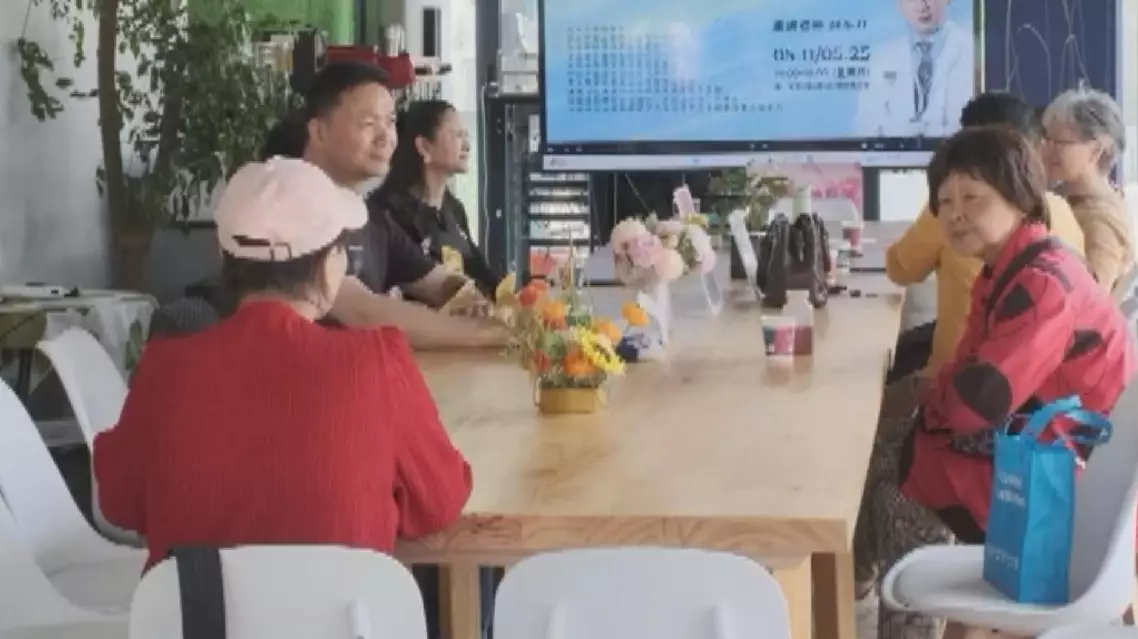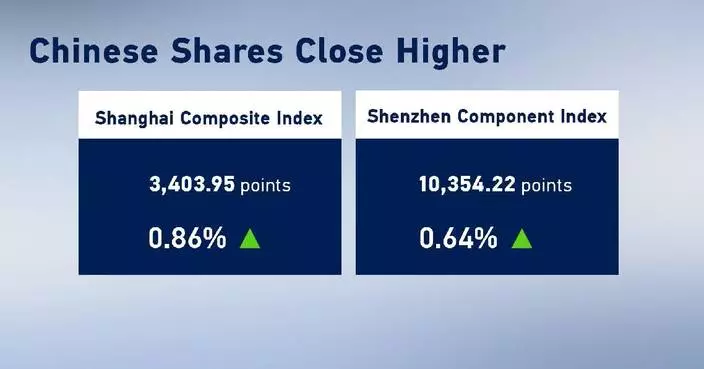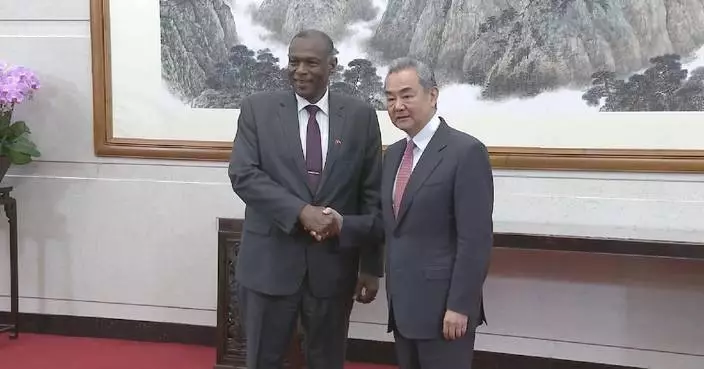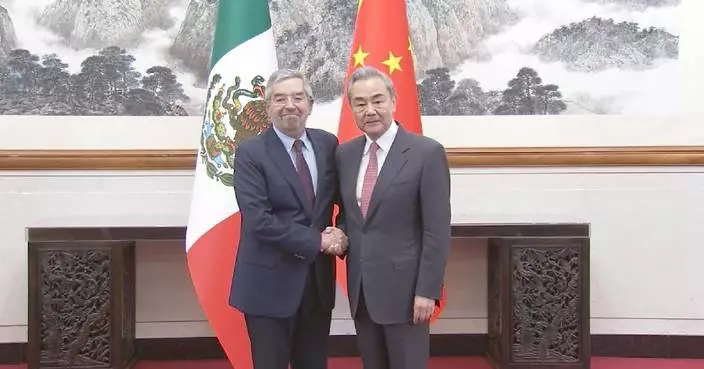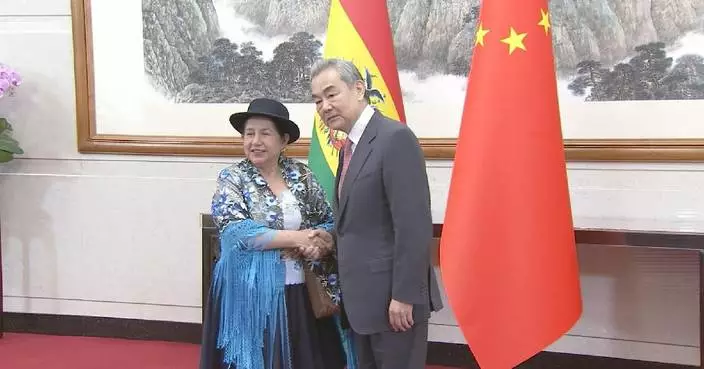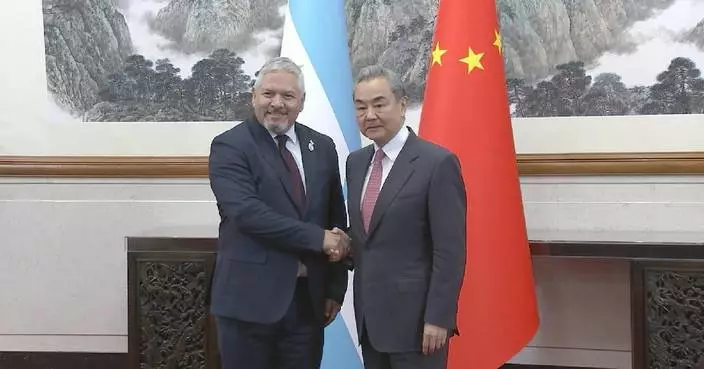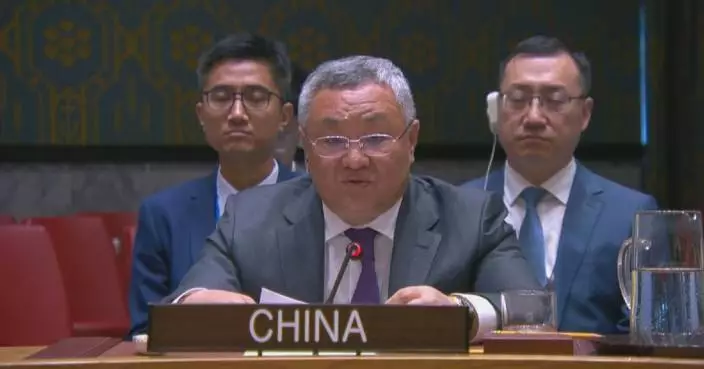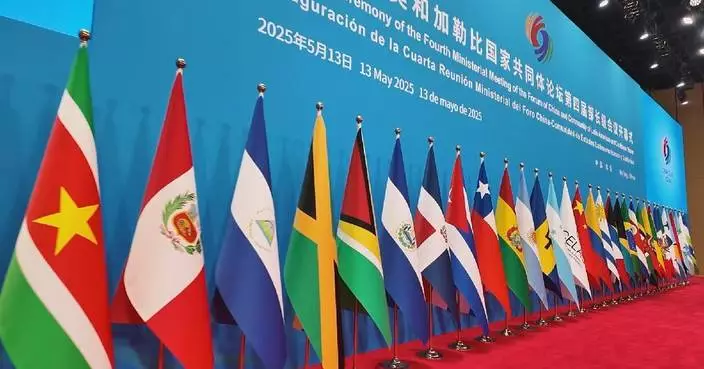Columbia University Professor and economist Jeffery Sachs said he expects the building of modernized linkages to top the agenda for China at this year's Asia-Pacific Economic Cooperation (APEC) meetings, set to be held in Lima, Peru from Nov 15 to 16.
Sachs told China Global Television (CGTN) that China's leg up in digitalization and modern communication infrastructure will lend the country leverage as a sharer of technologies.
"The digital revolution is very dramatic. China is already at not 5G, but 5.5G, because the network is 10 times faster than it was even when 5G was introduced a few years ago. And soon China will be leading 6G. Now, other countries want the technological advancement of the digital age as well," he said.
Noting the immense significance of the Belt and Road Initiative, Sachs pointed out that the global connectivity it is building is vital for both China and its many partners in the initiative.
"It's the idea that countries should invest jointly in connectivity, building new ports, building new fast rail lines, building transport linkages, building fiber linkages, building renewable energy linkages. So, when the leaders meet, they should talk about these real things. Those don't depend on the United States. So, you can still have the very important regional discussions," he said.
The economist also suggested that the summit is an opportunity to grow China's partnerships with the Association of Southeast Asian Nations (ASEAN) and Latin America, all benefiting from tech innovation and big markets.
"For example, China's relationship with ASEAN is extremely important for both regions I should say. ASEAN needs China, it needs the technology, it needs the connectivity, it needs the advancement, it needs the investment. For China, ASEAN is a natural, huge market of more than 750 million people. That should be discussed," said Sachs.
"The relationships between China and Latin America are very strong. China is the main trading partner of the Latin American members of APEC. This is surprising. It's not the United States. It's China that's the main trading partner. China buys a lot of food grain and feed grain from Latin America, a lot of natural resources. China is a provider of advanced technologies. So that's a very fruitful relationship, very important," he continued.
Held from Nov. 10 to Nov. 16 under the theme of "Empower, Include, Grow" in Lima, Peru, APEC brings together around 20,000 participants, including heads of state and dignitaries from 21 member economies across Asia, the Pacific, North America, and South America.

Digital shift, regional cooperation to be key topics for China at APEC summit: economist



